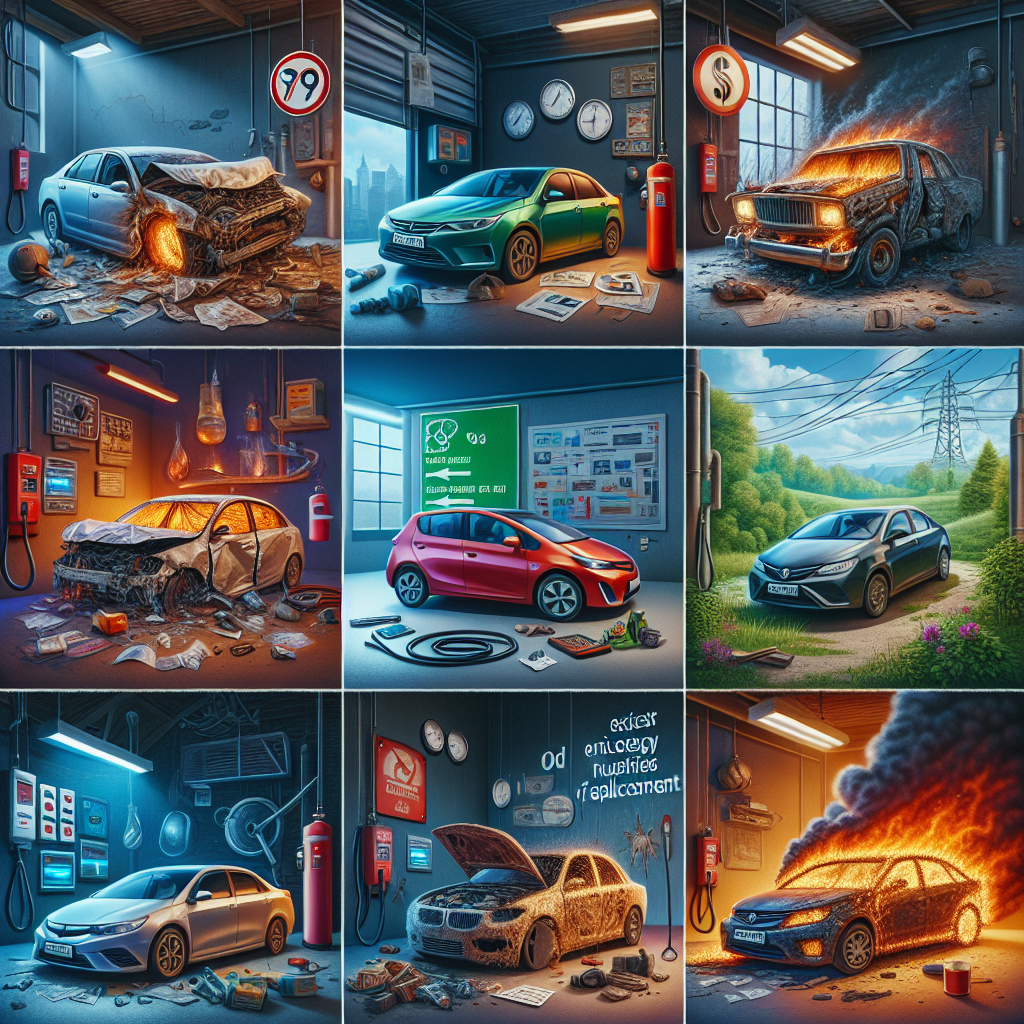As time passes, cars age, and at some point, every vehicle reaches a stage where it may be more beneficial to bid farewell to your old faithful companion. Determining when to scrap your car is a decision that requires careful consideration, weighing various factors that affect its functionality, safety, and overall value for money. In this listicle, we highlight 8 key reasons that may signify it's time to part ways with your beloved car.
1. Extensive Repair Costs
When your car starts demanding frequent and significant repairs, it might be a clear sign that it's reaching the end of its lifespan. The cumulative cost of fixing various issues can quickly add up, often surpassing the vehicle's current value. At this point, it could be more cost-effective to invest in a new vehicle rather than continually pouring money into a depreciating asset.
2. Unsafe to Drive
Concerns regarding safety should never be overlooked. If your car has persistent safety issues, such as faulty brakes, rusted frame, or airbag problems, it's crucial to prioritize your safety and that of others on the road. Selling or scrapping your car in such situations becomes a necessity to avoid risking accidents or harm.
3. High Mileage
As your car racks up the miles, its performance and efficiency inevitably decline. High mileage not only impacts the reliability of your vehicle but also reduces its fuel efficiency, costing you more in the long run. When your car's odometer hits a certain milestone, it may be a good time to consider retiring it before it becomes a constant source of frustration.
4. Environmental Concerns
With growing awareness of environmental issues, the age and emissions level of your car can influence its impact on the environment. Older vehicles tend to produce more harmful emissions, contributing to pollution and climate change. Opting to scrap your car for a more eco-friendly alternative aligns with sustainability goals and promotes a cleaner environment.
5. Obsolete Technology
Advancements in automotive technology have made modern cars more efficient, safer, and equipped with innovative features. If your car lacks essential safety features like airbags, ABS, or modern conveniences such as Bluetooth connectivity, it may be time to upgrade to a newer model for a better driving experience.
6. Constant Breakdowns
When your car becomes prone to breakdowns, leaving you stranded on the side of the road or causing frequent disruptions to your daily routine, it's a clear indication that the vehicle's reliability is compromised. Rather than dealing with the stress and inconvenience of repeated breakdowns, consider parting ways with your car for a more dependable alternative.
7. Diminishing Resale Value
As cars age, their resale value naturally decreases due to wear and tear, outdated features, and high mileage. If you find that the value of your car has significantly plummeted, holding onto it for longer may not be a wise investment. Scrapping your car at the right time ensures you extract maximum value before its worth diminishes further.
8. Personal Preference
Lastly, personal preferences and lifestyle changes can also influence your decision to scrap your car. If your needs have evolved, such as requiring a larger vehicle for a growing family, a more fuel-efficient model, or simply a different style that aligns with your current taste, it might be time to say goodbye to your current car and explore better-suited options.
In conclusion, knowing when to scrap your car involves a blend of financial considerations, safety concerns, environmental impacts, and personal preferences. By evaluating these 8 reasons, you can make an informed choice that not only benefits you in the present but also contributes to a safer, more sustainable automotive future.

